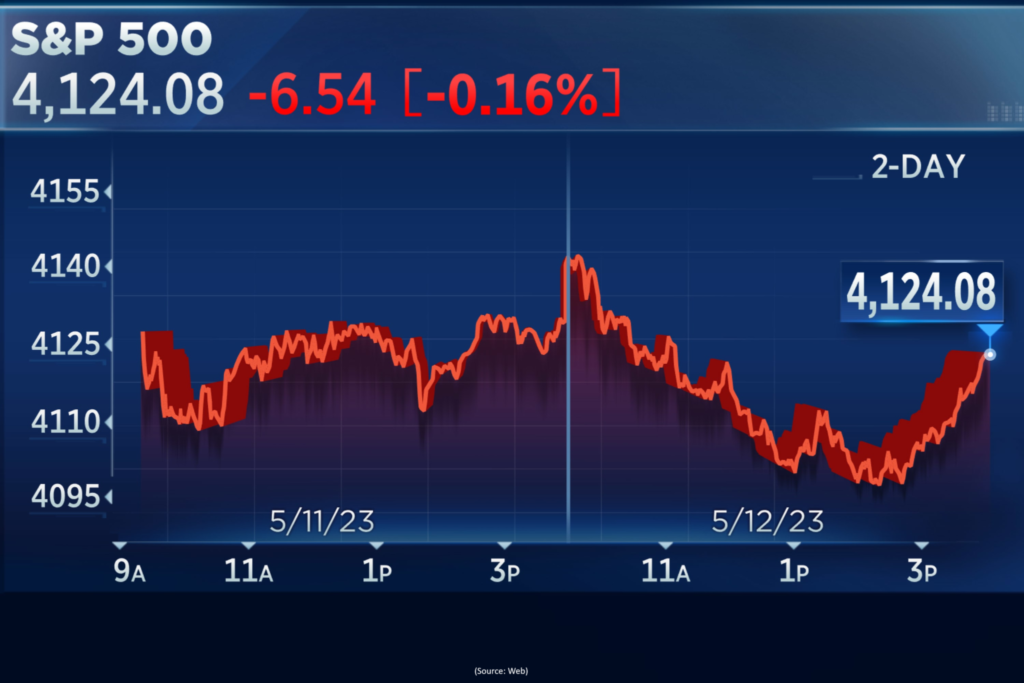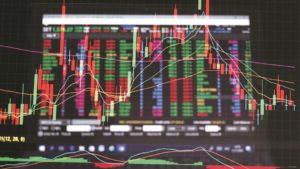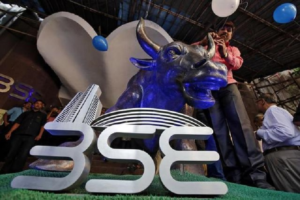
An Exchange Traded Fund is a collected fund that operates very similar to a mutual fund. Let’s suppose you want to invest in an ETF, it can be bought and sold intraday at different prices. ETF offers a low-cost ratio and more liquidity as compared to mutual funds. To invest in ETF, one must have a Demat account and a trading account with a stockbroker.
ETF holds various investments, such as commodities, stocks, or a blend of investments. It lowers the risk as it offers diversification within a portfolio.
Some Benefits of ETFs
- Lower brokerage charges or lower expense ratio
- Exposure to many stocks across various industries
- Lesser risk due to diversification
- It focuses on targeted industries.
- Equity ETFs
- Bond ETFs
- Commodity ETFs
- Commodity ETFs focus on either investment that is related to futuristic contracts or on a single commodity held in physical storage.
- These ETFs are invested in popular commodities such as precious metals (silver, gold), natural resources, and agricultural commodities.
- Its aim is to monitor the performance of a wide commodity index that consists of a variety of single commodities.
- Currency ETFs
- Industry/Sector ETFs







